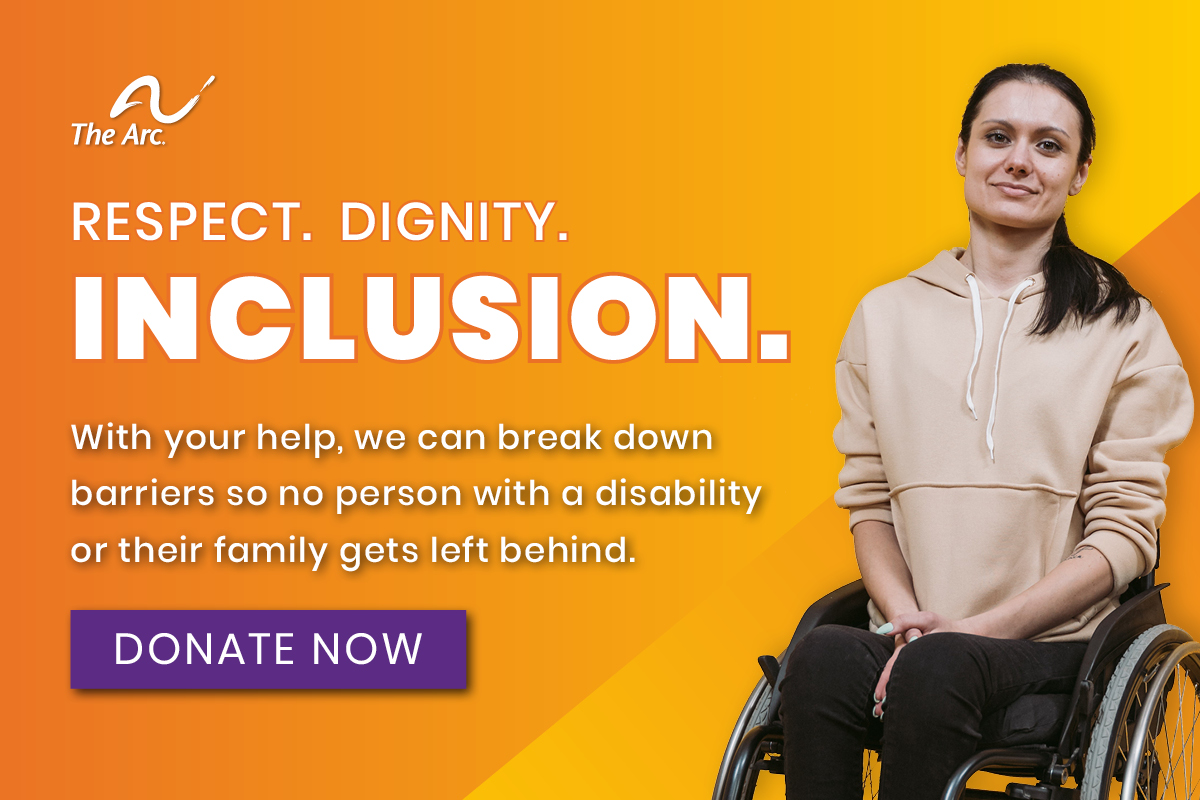Contents
Introduction
Employment can mean a lot of things to a lot of people. For most people, employment means having an integrated job in the community, which means a job just like everyone else has. Some people are also exploring other options like self employment or owning your own business.
Some people with autism also spend time in other types of work situations such as volunteer work, sheltered workshops, or small groups of workers with disabilities. These options do not generally provide the same opportunity to earn income or choose the type of work you want to do, and they do not provide as much opportunity to work with people without disabilities. Best practice emphasizes individual employment options.
A lot of different terms are used to describe employment. We sometimes talk about the type of support a person receives at the same time we talk about their work. Terms like “supported employment” or “customized employment” describe the way that a person receives supports, and are different from the type of job they have. An individual may receive specialized supports to help them find, learn, and keep a job. Some terms you may hear include these:
- Supported employment
- Competitive employment
- Group supported employment
- Enclaves
- Mobile work crews
- Customized employment
See the glossary for more information about what these and other terms mean.
What do I Want for Employment?
Figuring out what one wants for employment consists of developing a vision and goal for employment. To develop those, people with ASD should think about “the big picture” in what they want and “making it happen” by taking the steps to meet the goals.
Developing a Goal/Vision for Employment
Choosing the right employment option is important. In the past, the employment goals of most people with Autism were modest. Society did not expect that they could have jobs and contribute to society. These old expectations are changing, as workplaces become more flexible and people with Autism are better supported. Increasingly, employment goals for people with Autism are focusing on maximizing independence and work in the community with their fellow employees and citizens.
While supports have focused on enabling people with ASD to become more independent, it also means more responsibility. Part of that responsibility is developing a goal. Some things to think about when deciding about employment are…
…the big picture
- Do you need help in finding out what kind of job and career you would like and what you are good at?
- What are your hopes for employment? Type of job? Number of hours?
- Do you need help finding things to do when you’re not working?
…making it happen
- What kinds of help do you need to do things now? In the future?
- How active can you be in finding a job?
- How often will you need help on the job?
- Do you need help finding out about benefits?
- Do you have a way to get to your job every day?
People with autism are often eligible to access employment services to help them to develop realistic and challenging employment goals. The Arc@Work is leading the way in developing innovative workforce solutions for the government and private sector by connecting employers with talented employees with autism and supporting the recruitment, on-boarding, and retention process.



